Electrical Equipment Worksheets KS1
We use electrical equipment every day at home, work and at school. Whether a piece of toast in the morning, a nice cup of tea or photocopied worksheets, almost everything we do in the modern world relies on electricity to power it. But do we actually know how they work and what to do with them at the end of their lives? The science of electrical equipment explains how they work and helps us to dispose or recycle items safely and sustainably at the end of their lives.
The worksheets on this page will help students at KS1 (Year 1 & 2; 5-7 years old) understand the science behind the electrical equipment they use at home.

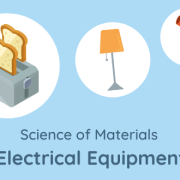

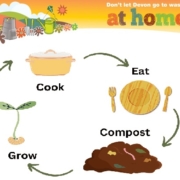
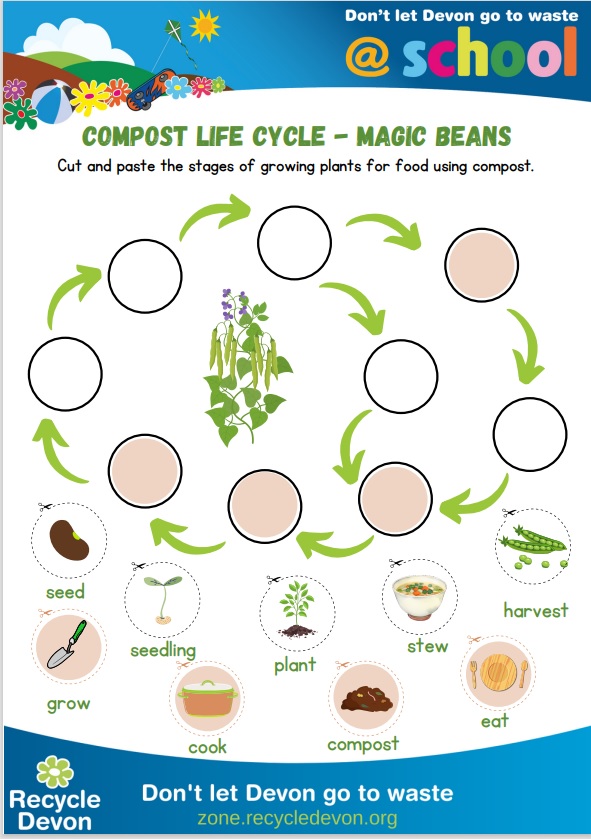
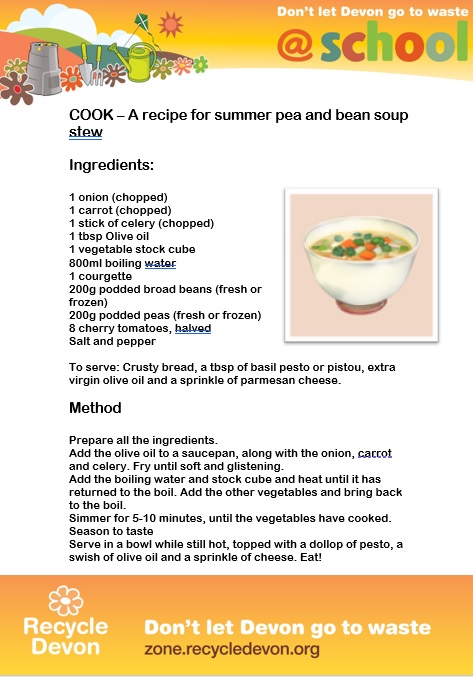
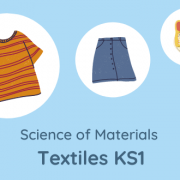

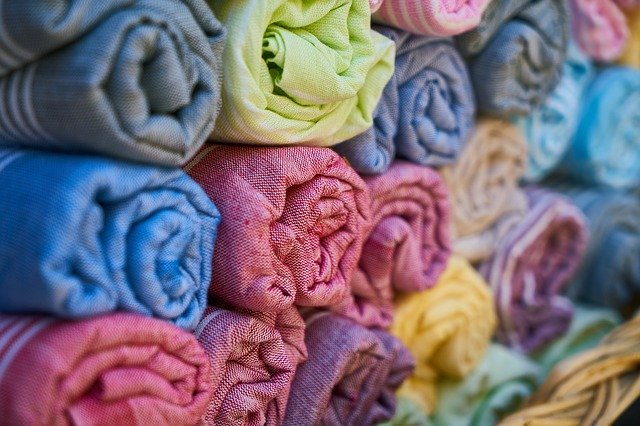
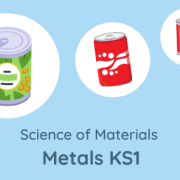

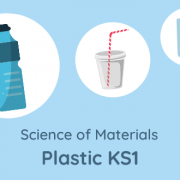

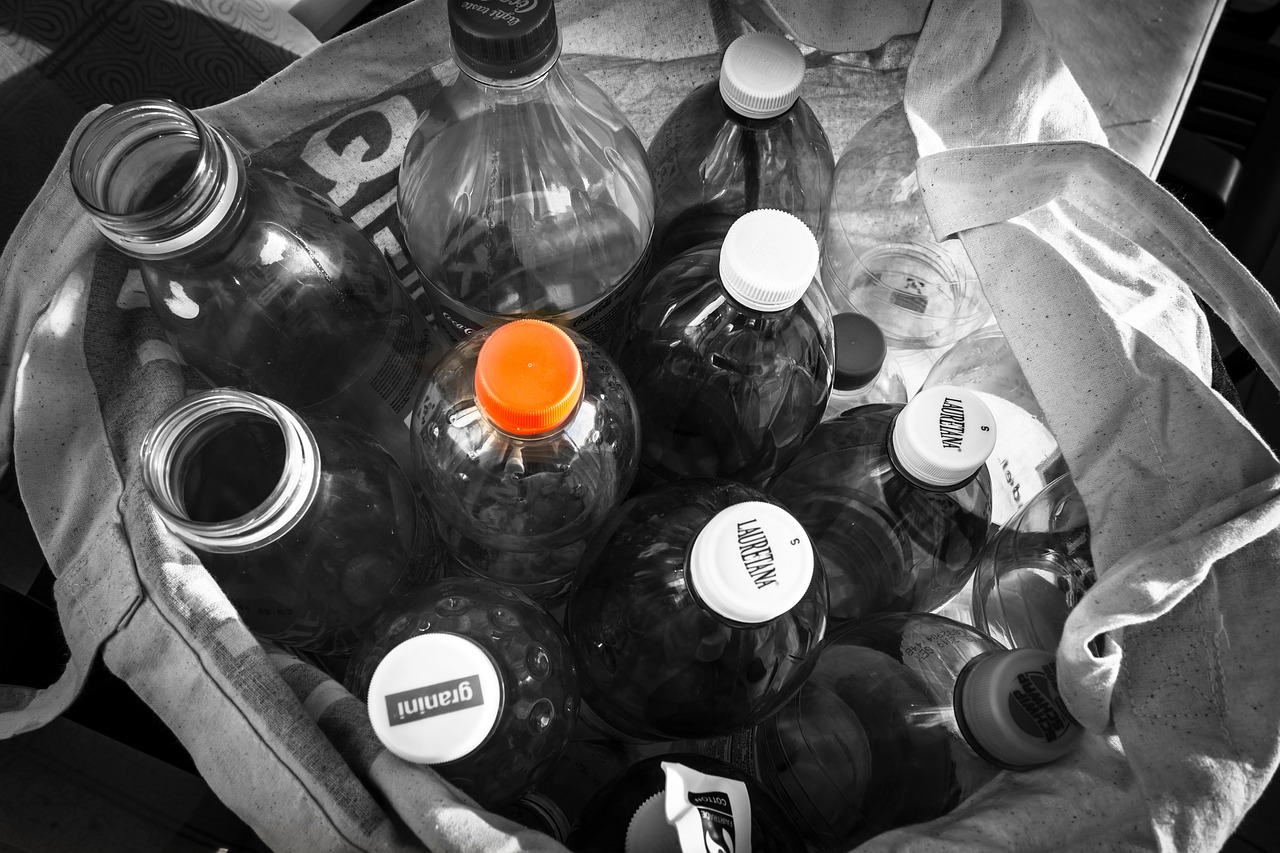
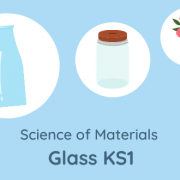

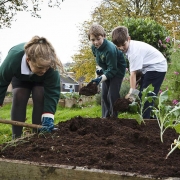
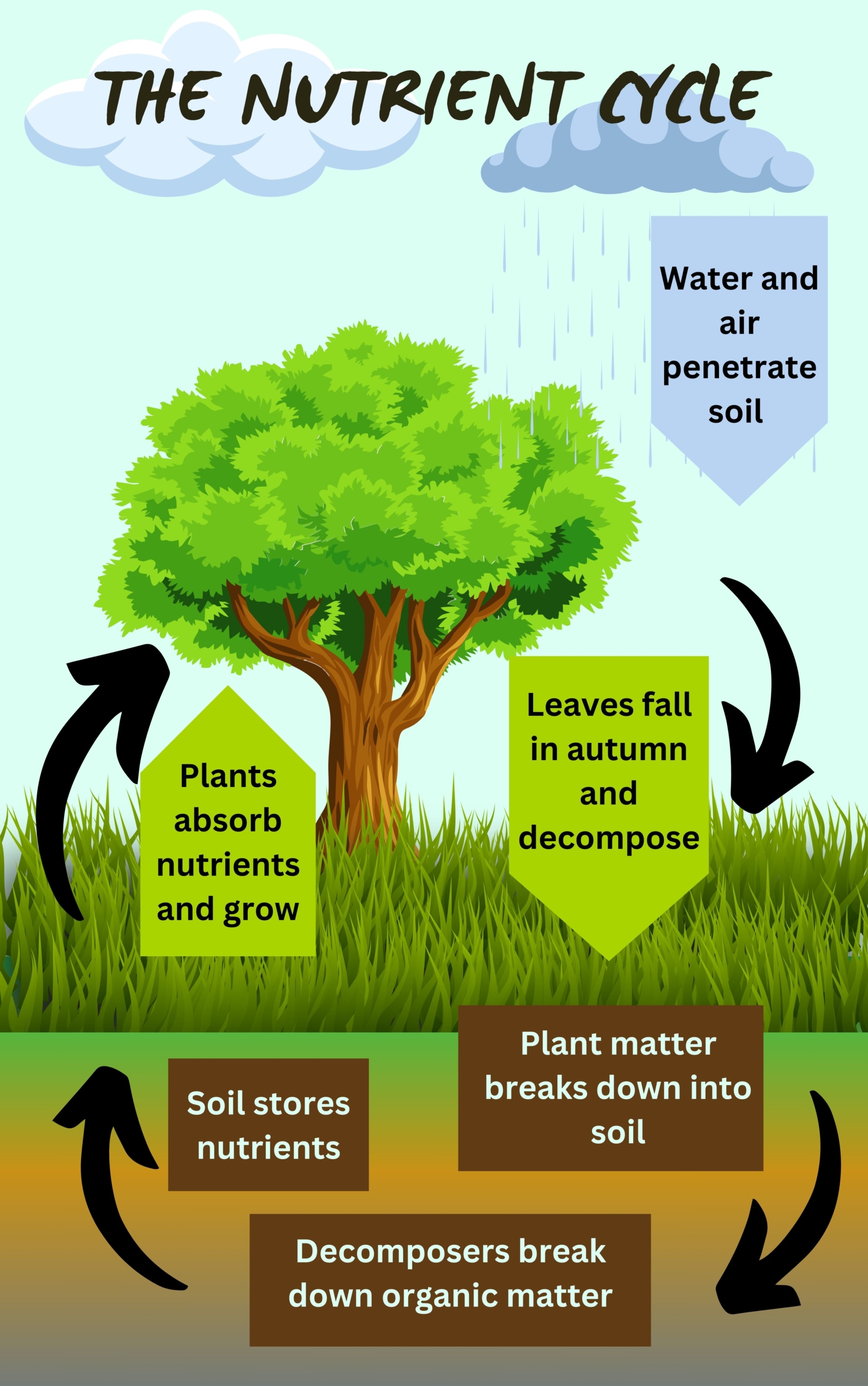
 This guide has been written for schools interested in composting their cooked food waste as well as cores and peels.
This guide has been written for schools interested in composting their cooked food waste as well as cores and peels.